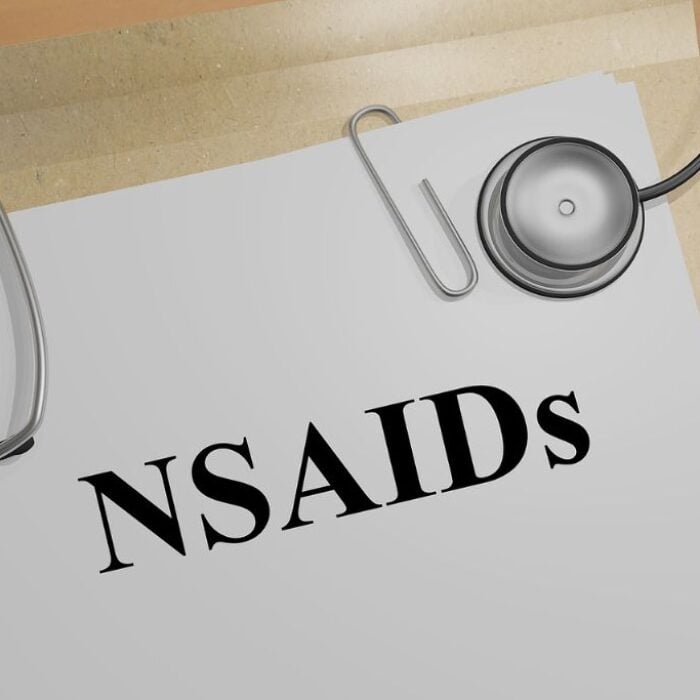Men and women on the front lines of wars in Iraq and Afghanistan face dangers every day, raising their risk for injuries, illness and mental health problems. Many of them are prescribed narcotic painkillers that can be habit forming. These opiate medications, such as oxycodone and hydrocodone, are potent and in addition to pain relief, can provide the emotion numbing that many need to escape their reality.
Post Traumatic Stress Disorder (PTSD) is a reality of war. This severe anxiety disorder can result from psychological trauma and can render people unable to cope with everyday life. Symptoms can include high anxiety, reliving experiences (flashbacks), nightmares, anger, avoidance, detachment, irritability, trouble sleeping, aggression, hyperarousal, depression and self-harm. Suicide is also a risk among those suffering with PTSD.
What The Study Shows Is That Vets With PTSD Are More Likely To Use Opiates
A study, published in early 2012 found that veterans with PTSD were more likely to have a prescription for opioid painkillers than other veterans with pain issues. The study, conducted by the Department of Veterans Affairs, also found that the PTSD group was more likely to be using prescription narcotics in risky ways.
Veterans from Iraq and Afghanistan who had been prescribed narcotic painkillers for pain and were suffering from PTSD had a higher incidence of self-inflicted injuries, overdoses and injuries due to accidents or fighting, according to the report. The government has been looking for ways to reduce the number of opiate prescriptions being written for veterans and those on active duty status.
Serious Issues Can Result From Overmedication Of Active Troops And Vets
Opiate use in the military has resulted in a number of problems including:
- Opiate abuse
- Opiate addiction
- Opiate overdose
- Accidental deaths
- Medical emergencies and deaths linked to mixing opiates with other substances
Another issue is that many veterans with PTSD are treated by family practice doctors, many whom are not as familiar with the condition as military medical personnel. The study said the distress of war could result in an inappropriate prescription for opioids because the doctor doesn’t know how else to treat the patient.
The study also raises another potentially deadly issue. It found that military personnel with PTSD were often prescribed opiates at the same time as benzodiazepines such as Klonopin and Xanax. Opiates and benzodiazepines can suppress the central nervous system and hamper breathing.
Taking them together could be dangerous. Mixing opiates, benzodiazepines and alcohol is particularly dangerous, leading to respiratory depression and death. Doctors should take this into consideration and make the dangers well known when treating men and women in service.













